
5 Questions To Help Spot Greenwashing

It can sometimes be hard to know for sure whether a brand is truly committed to ethics and sustainability. The problem of greenwashing is only becoming more of an issue as methods of misleading customers get more sophisticated.
We’ve put together a list of 5 key questions to ask any brand you shop with, that will help you to gauge their commitment to working around some of the fashion industry’s most pressing issues.
Why should I ask questions?
As Fashion Revolution have stated, “the more information you ask for, the more brands are pushed to improve their social and environmental policies, and act transparently”. Asking questions is a great way of showing brands that there is consumer demand for good business.
What should I ask?

-
Where were my clothes made?
It’s so important for brands to know who made the clothes they sell, and to have fully traceable supply chains where they can identify suppliers around the globe. If a brand is unable to pinpoint where its goods come from, this is a worrying sign!
-
In what conditions were my clothes made?
The fashion industry is rife with exploitation, and it has never been more important for brands to establish good supplier relationships, where they know what conditions workers operate in. This includes everything from fair pay, gender equality, safe working conditions and policies to prevent the use of modern slavery. How is the brand ensuring it meets international standards for workers’ rights?
-
What’s in my clothes?
There are so many different fibres out there, and they’re not all created equal! There are a whole host of ethical and environmental issues that come into play when thinking about what our clothes are made from – everything from water contamination from chemical processing and dyes, animal welfare, carbon emissions, deforestation to microfibres. Ask the brand what it’s doing to ensure its raw materials are sourced responsibly and processed in ways that limit environmental impact.

-
What will happen to my clothes at the end of their life?
Clothing is notoriously difficult to recycle because garments tend to consist of many different component parts, which are challenging to process with existing technologies. Ask the brand if it has any initiatives in place to reclaim end-of-life garments and avoid landfill waste, or if it shares any resources that help customers to manage this themselves.
Additionally, what does the brand do with unsold stock, returned items damaged goods and other supply chain waste? What processes does it have in place to minimise waste?
-
What proof do you have?
When it comes to transparency, evidence is key. If a brand uses vague or unsubstantiated claims about its materials or operating practices, this is probably a form of greenwashing – and you may find that their efforts are much less than they may appear. The presence of trusted certifications is always a good sign, as brands which show these on their website or products are required to meet certain requirements by independent third parties.

How to get in contact with brands
The best way to get in touch with brands is via email. You may find contact information on their website, or alternatively, check out Fashion Revolution’s list of brand emails.
Additional resources
To quickly evaluate how sustainable and ethical a brand is, check out their listing on Good on You. This is an ever-growing directory and rating system that is working to catalogue some of the biggest and most popular brands according to their commitment to sustainability and ethics. And there are some great recommendations on there for sustainable alternatives!
The CoGo app is another great place to start to look for sustainable brands near you.
Check out this Fashion Revolution guide for citizens which goes into more detail about the specific questions to ask in the areas of #WhoMadeMyClothes and #WhatsInMyClothes, as well as some other great suggestions on how to get involved in the movement tackling fast fashion.
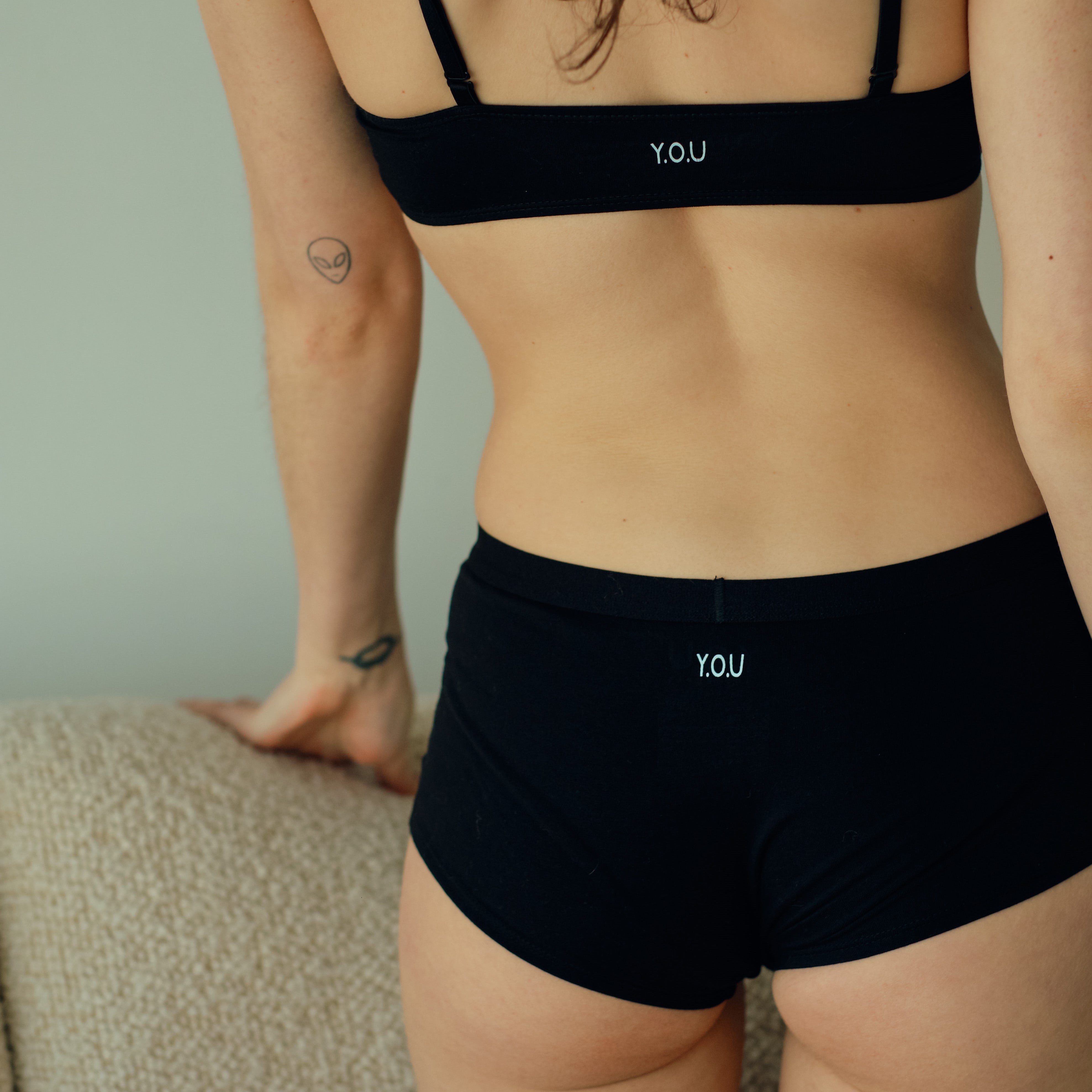

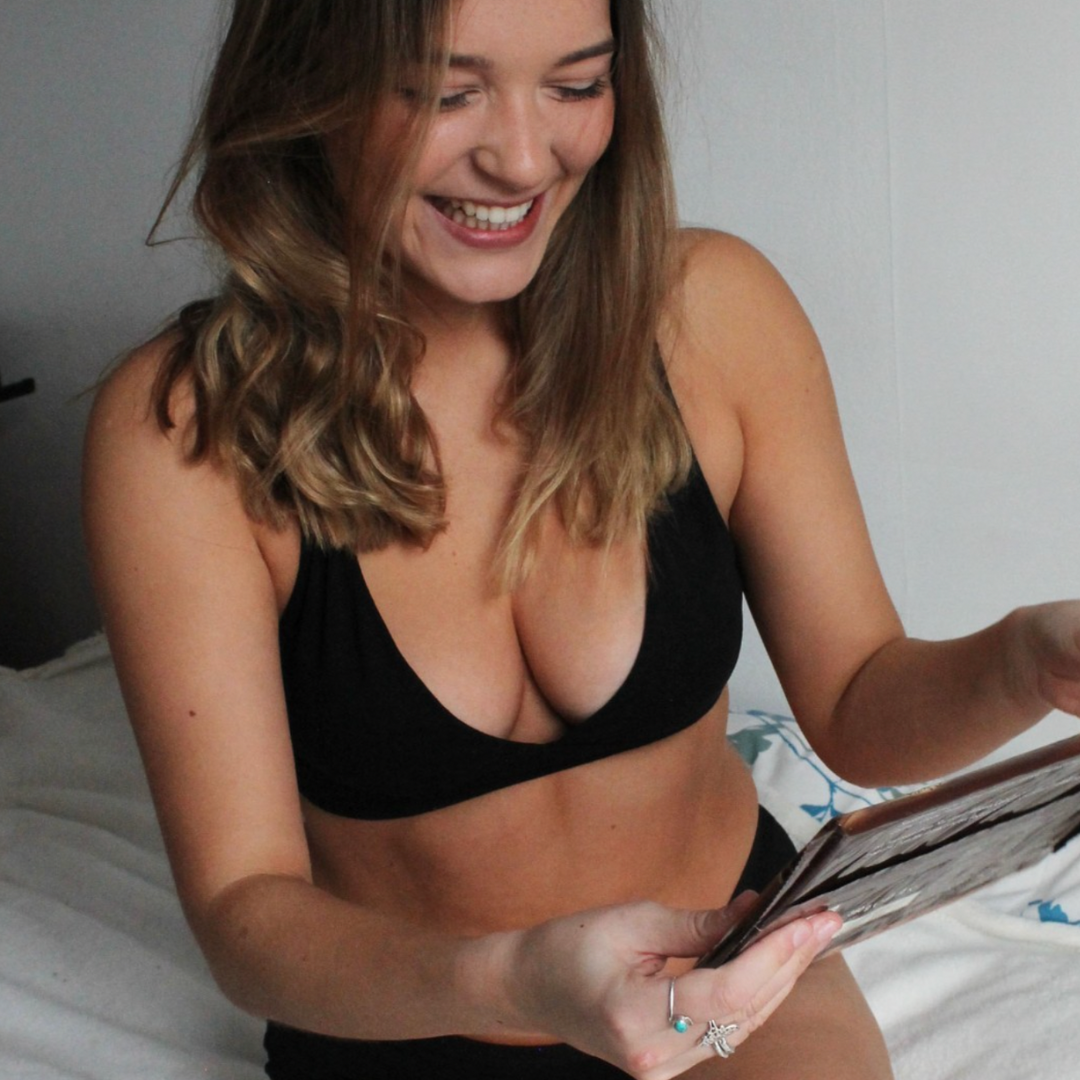

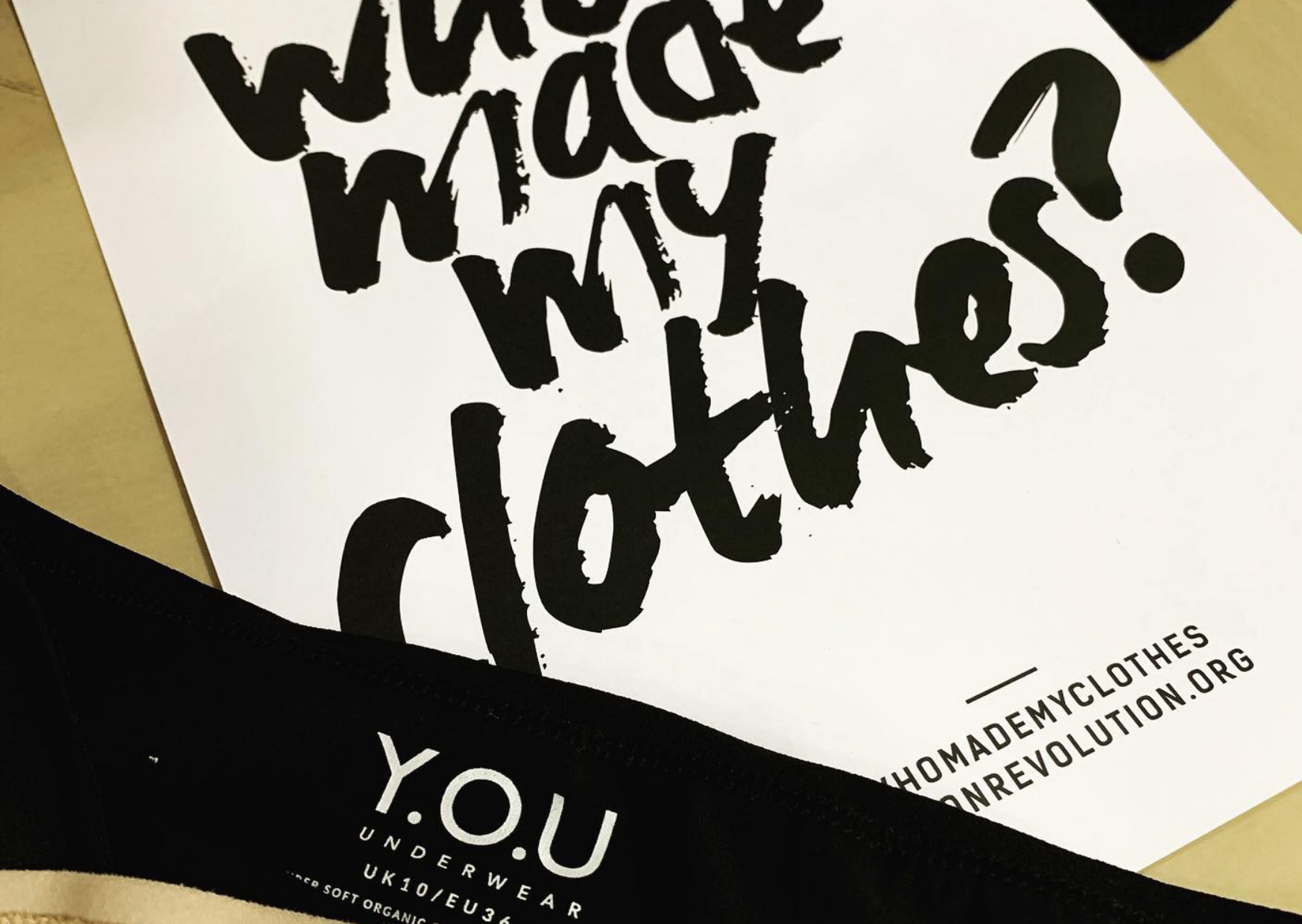
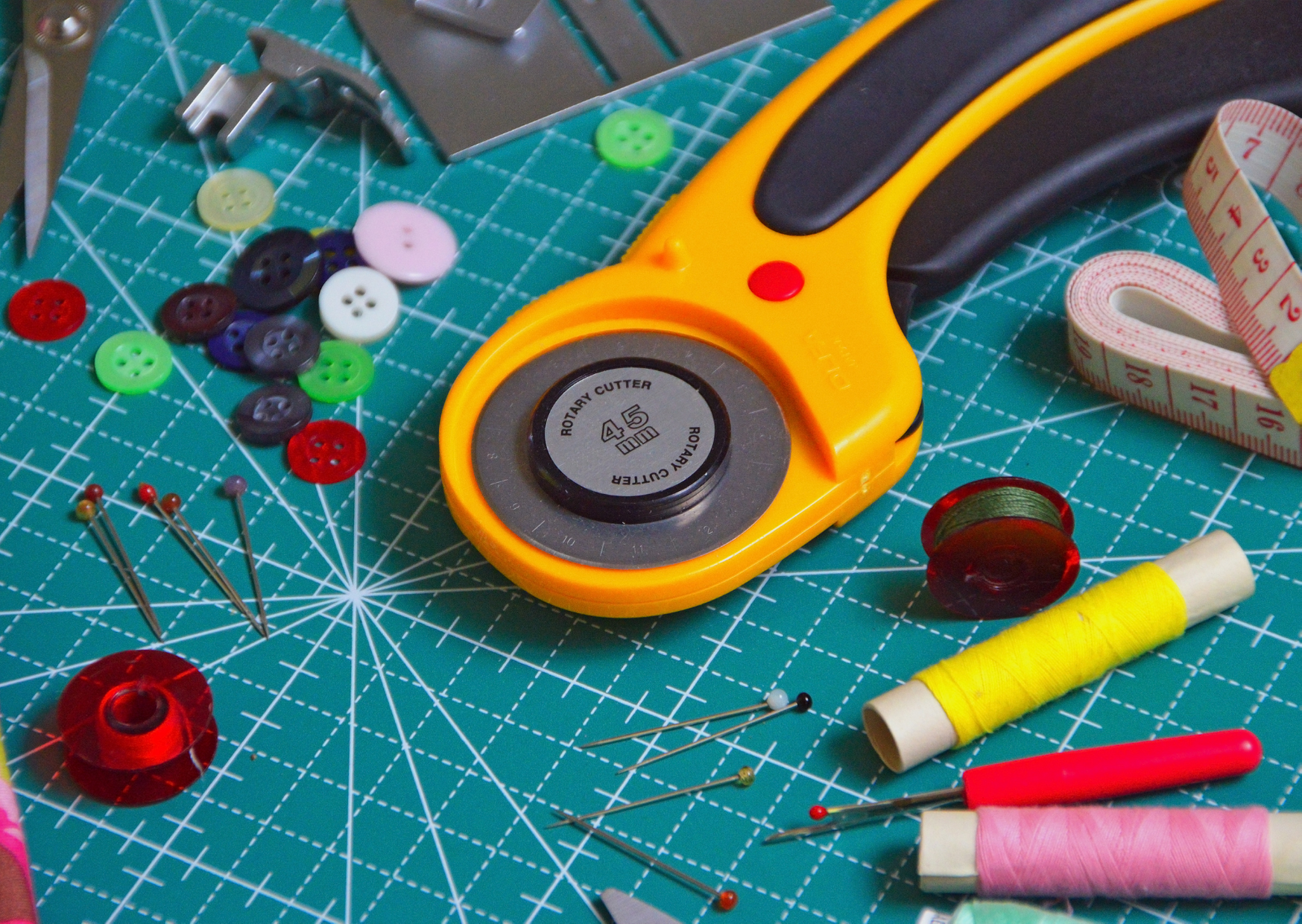
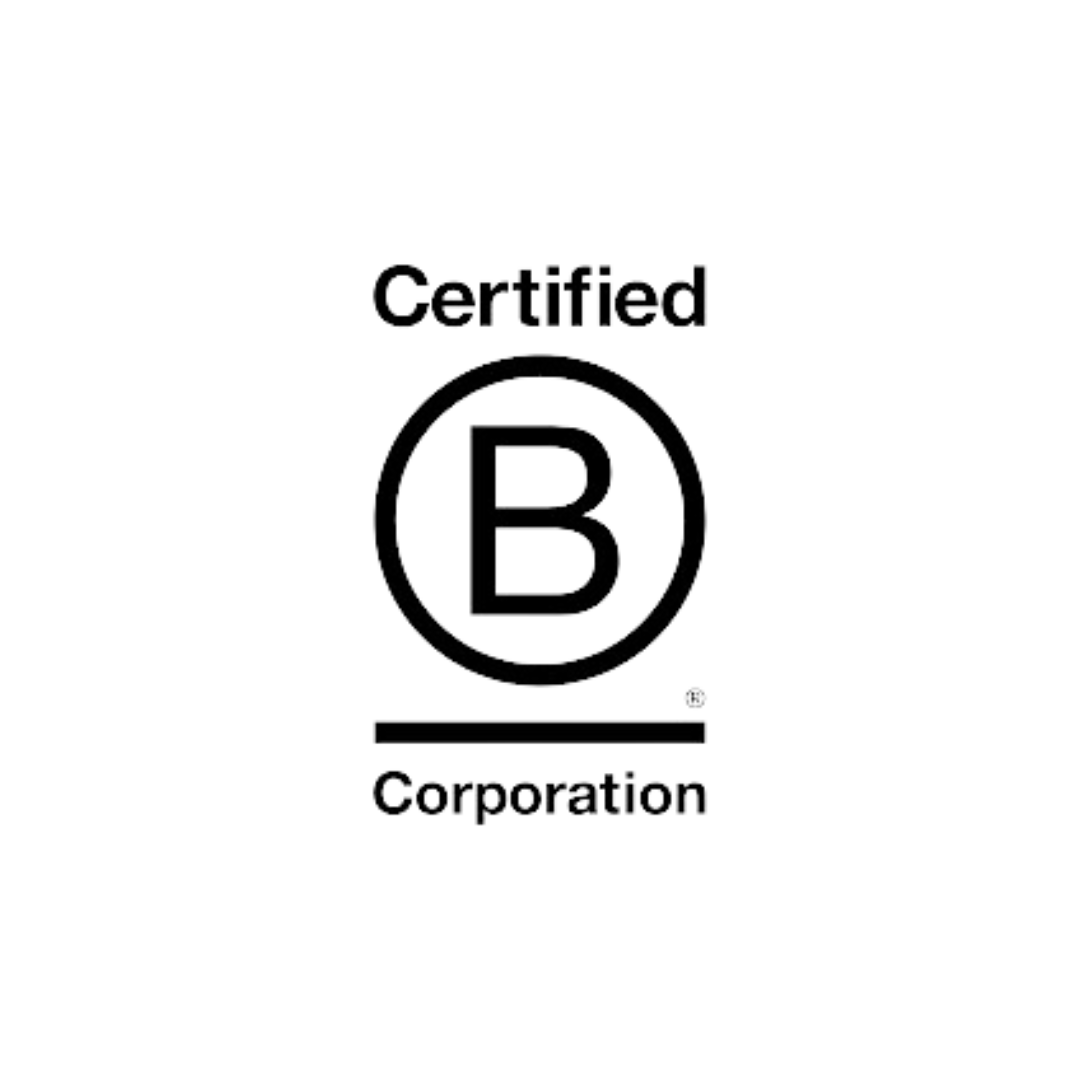
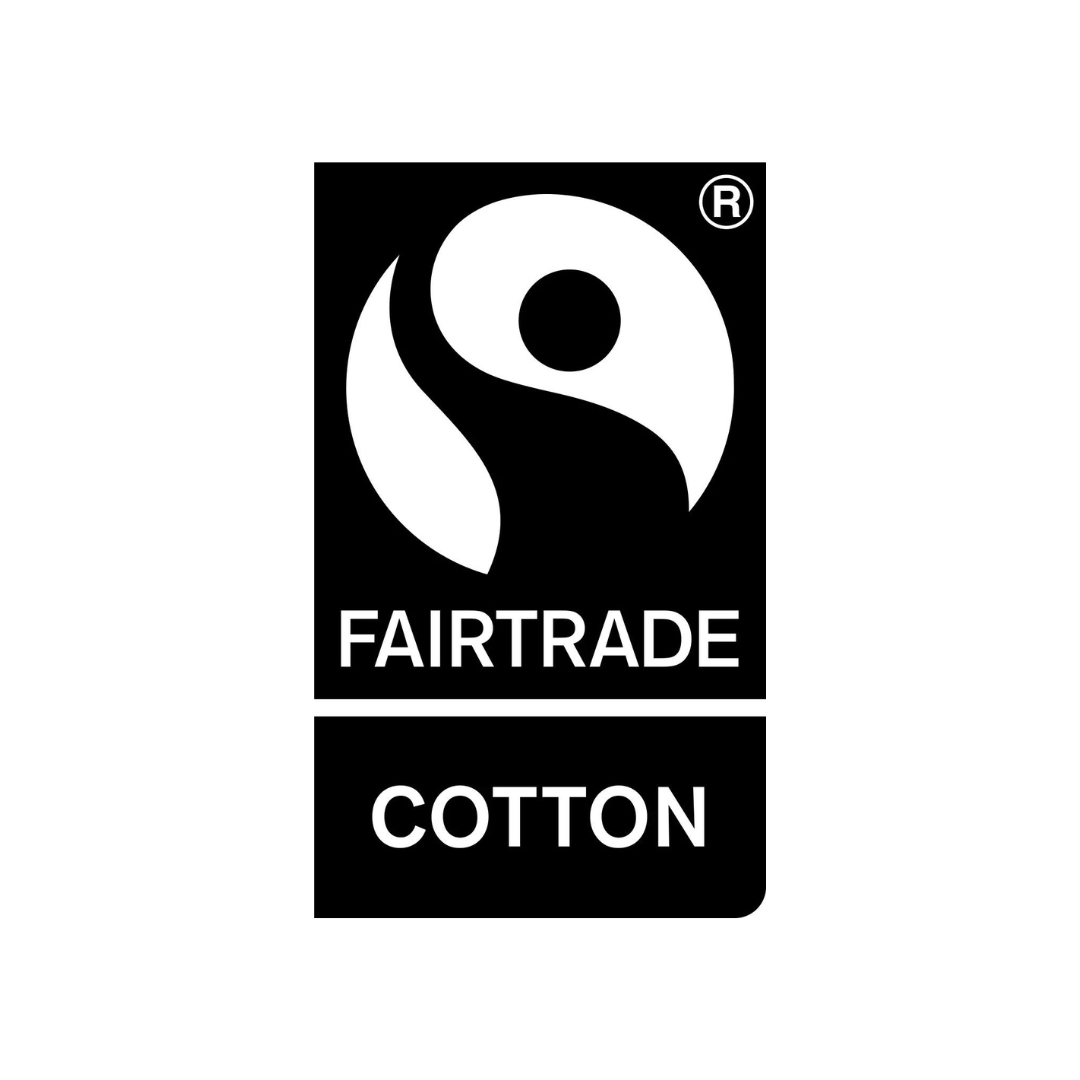
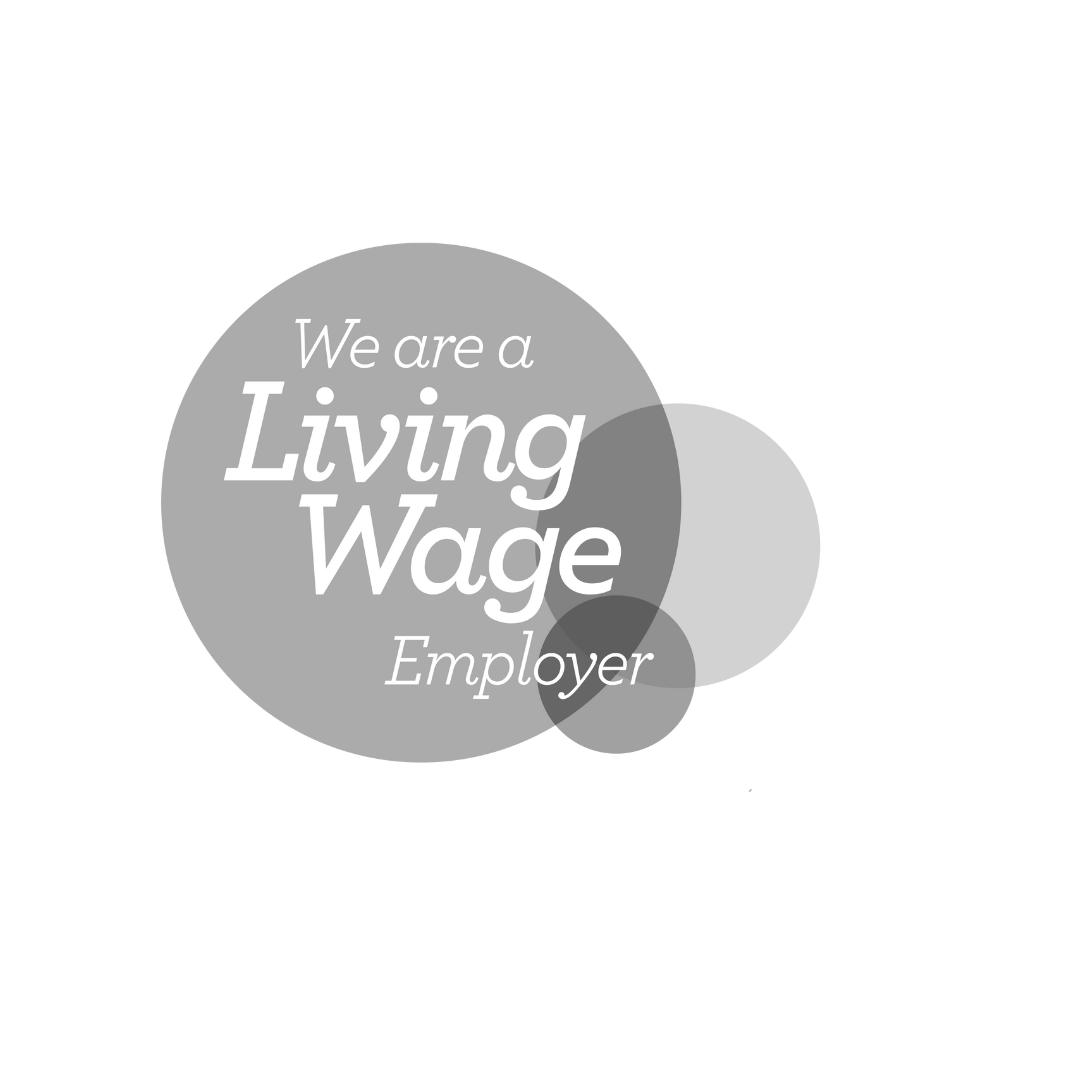
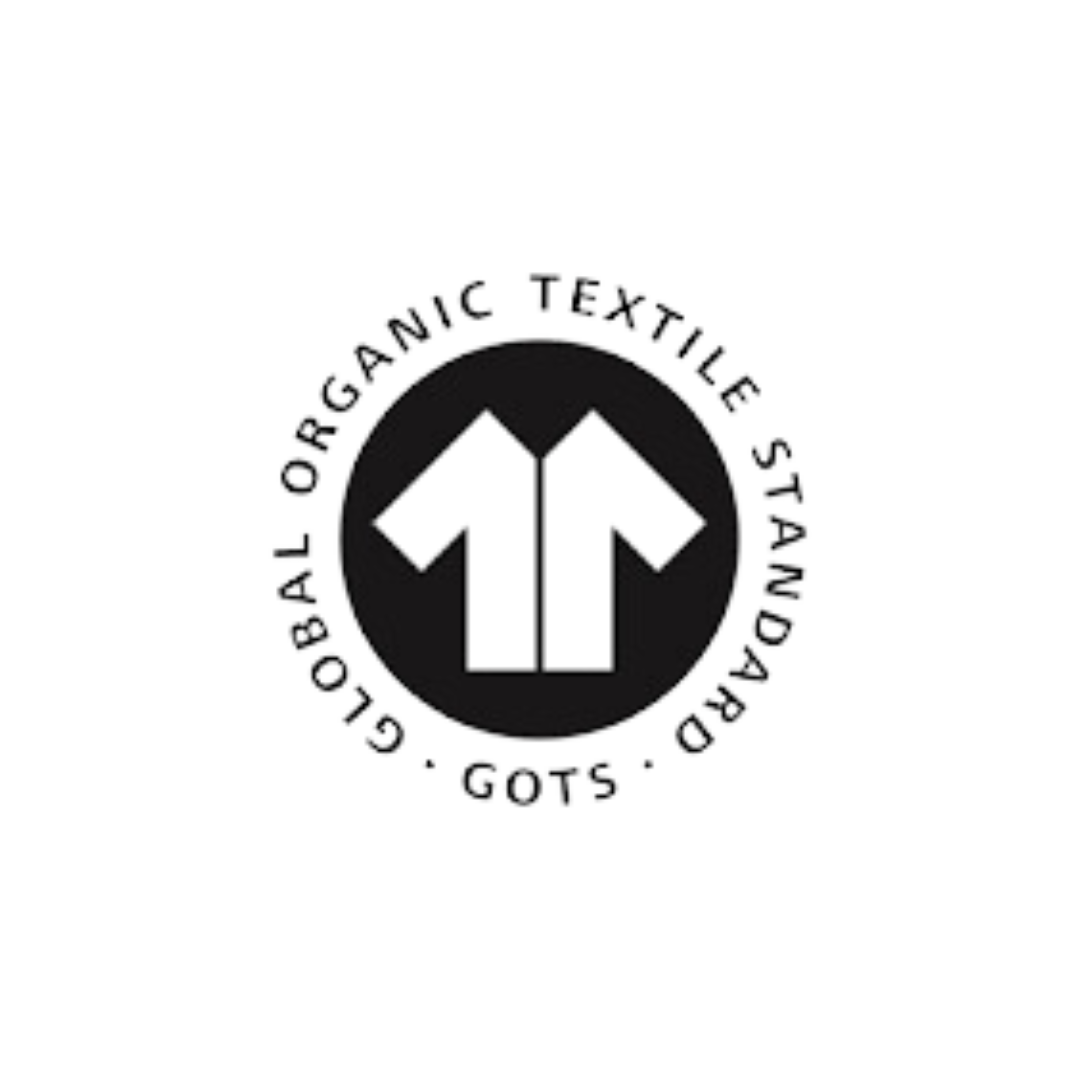
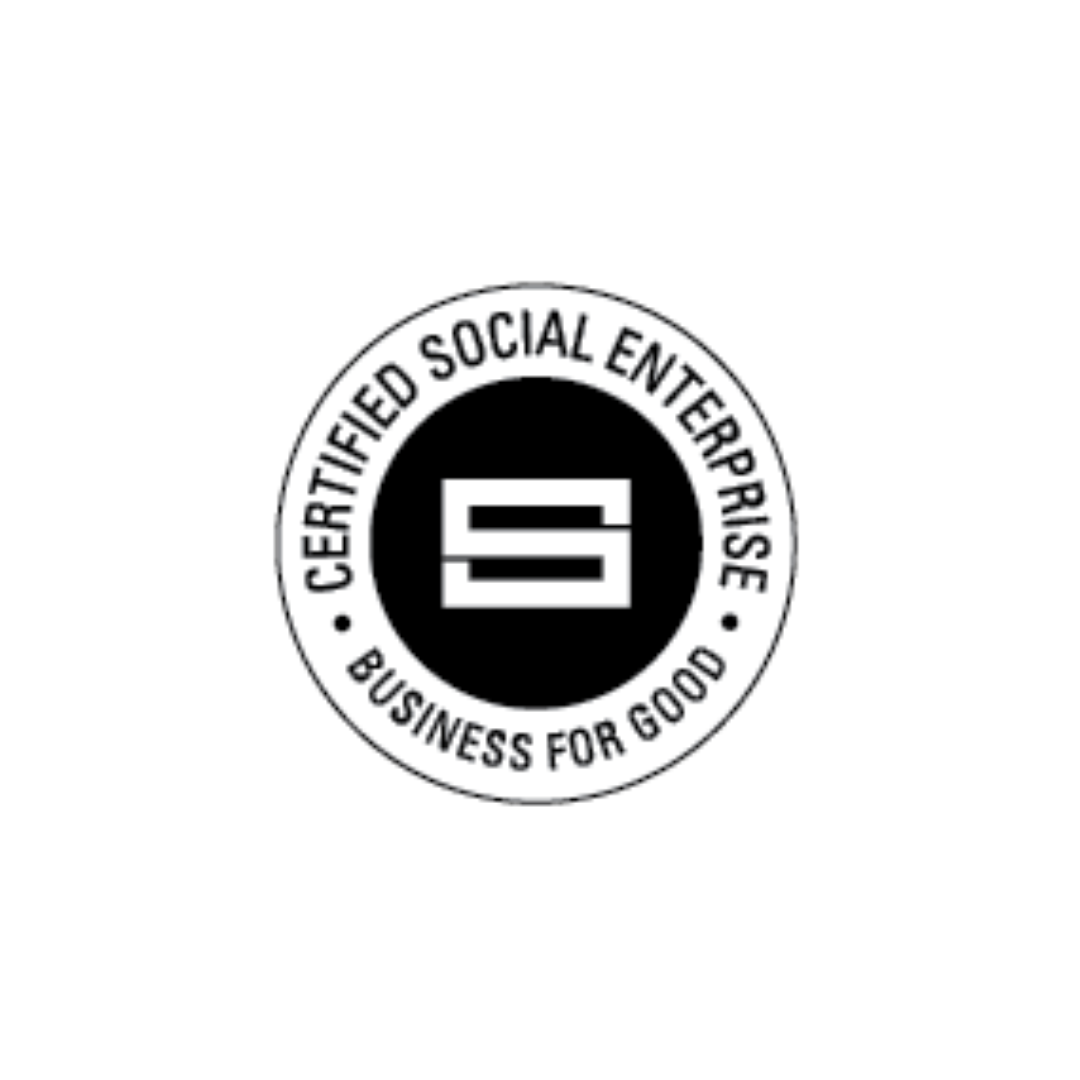
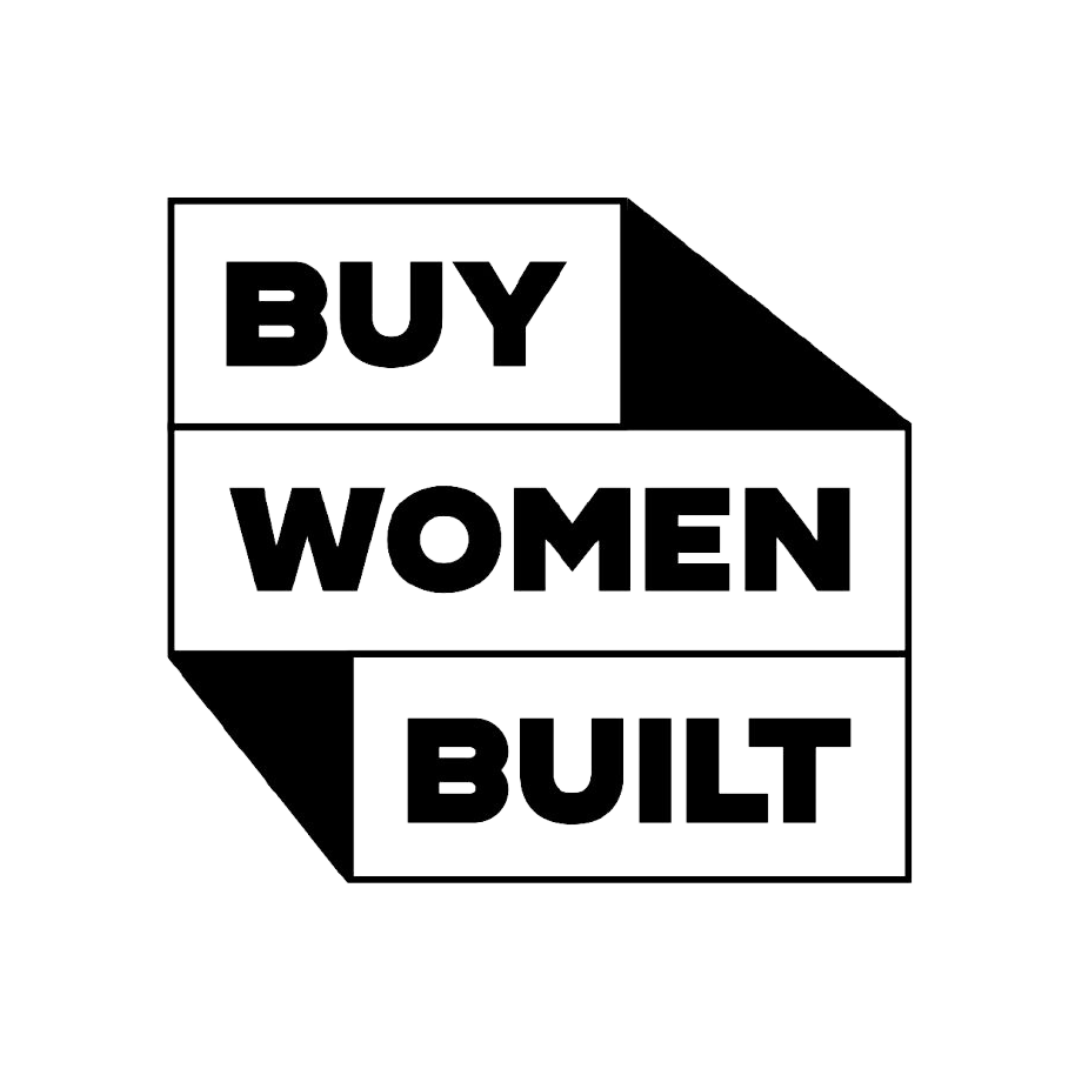
Leave a comment
This site is protected by reCAPTCHA and the Google Privacy Policy and Terms of Service apply.